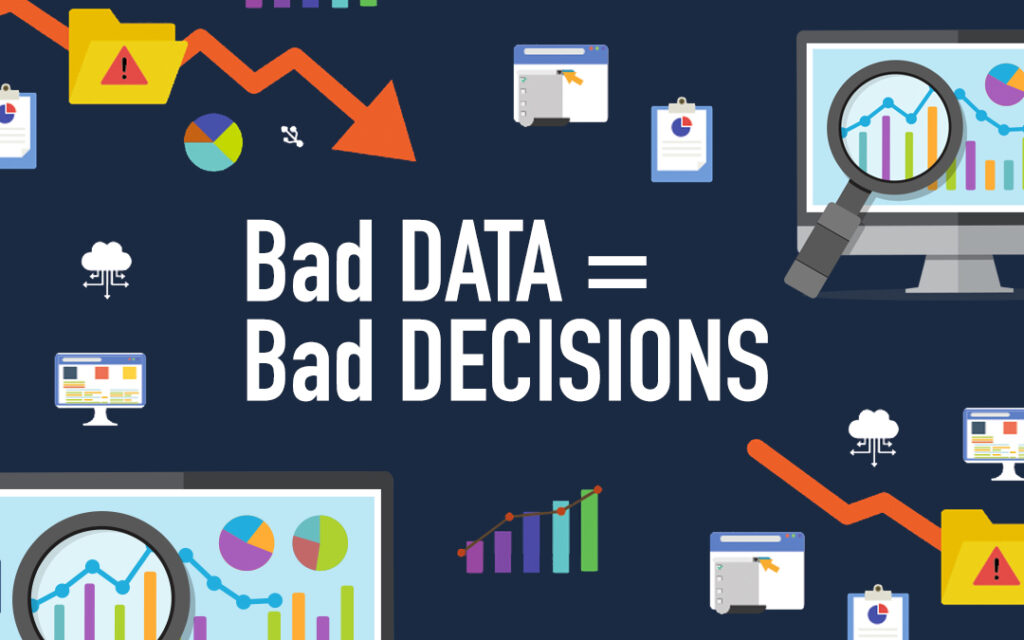
Do your Data “Bytes” Have a Bad Aftertaste?
We all know how important data is to our credit union. Let’s face it; we are addicted to reports. We love our reports. We compare day to day, month to month, year to year, and peer to peer. But, let’s get real; we run two reports side by side, and, oh the horrors, the numbers don’t match the general ledger or the neighboring report. The math doesn’t balance. The result is that we get many numbers to look at that we can’t trust. So, we fall back on our gut, instincts, and intuition.
Here is what we know.
If we have data we can trust, we can use it to improve our marketing, service, sales, products, member engagement, and processes.
How do we get to this data nirvana?
First, we need to understand what data is. Step away from the buzz words; big data, artificial intelligence, machine learning, data warehouses, and data lakes; the list is endless. This step is a process of educating ourselves on “OUR” data.
Second, we need to understand where our data is. We know there is a wealth of data in our core operating system but is it accessible, and can it be manipulated? However, we have probably forty or more third-party data sources beyond the core system. Therefore, a data inventory is essential; this is nothing more than a list of all data sources.
Third, we need to know how we are getting that data. For example, do we get direct data feeds, batch feeds, and PDF reports, or do we have to sign in to a website to extract or view reports?
Fourth, what do your staff need to do to these data extracts to make them usable? What manual manipulations must they do to make this data available and functional?
Fifth, we need to institute a process for data governance. This step is often overlooked but probably essential in making data believable. Data governance has rules guiding how to collect, normalize, load, define, and secure the data.
Sixth, the credit union needs to establish data ownership. Often, data ownership resides in a business unit. This siloed ownership results in a lack of inconsistency in reporting. If marketing were defining a member, they likely would have a different definition than finance or lending. Please break this habit and think of data as something that serves the entire organization in the form of Business Intelligence (BI.) Think of BI as you think of HR or IT. Data serves the organization, not just a single business unit. Data needs “governing” ownership that consistently ensures the rules and processes asked from data are governed with a disciplined approach.
Making data “right” is not a task for the weak of heart. It is a journey that starts from the beginning (walk before you run) and follows a logical path to completion. The journey takes anywhere from 18-36 months, but the benefits last a lifetime. Are you ready to start your journey? Check out this Zoom workshop about the importance of having a Data Governance discipline during this journey: https://leading2leadership.com/product/data-governance-a-professional-development-workshop/.